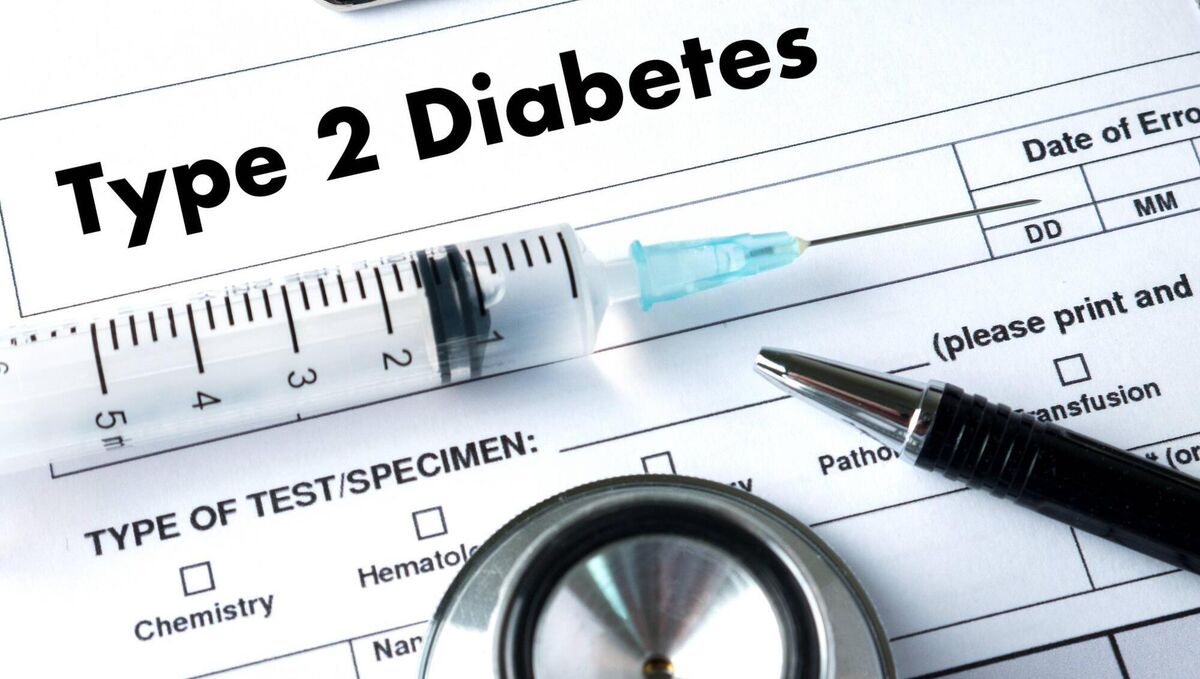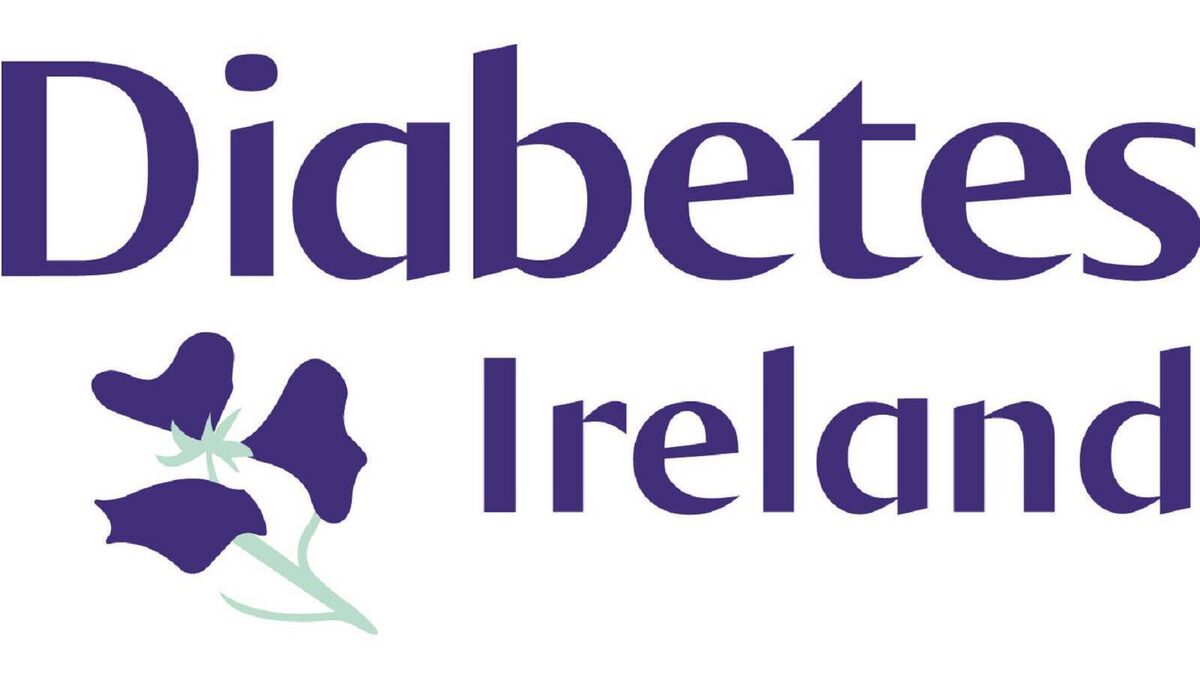Parents, here's an easy guide to buying healthy yogurt

As part of its World Diabetes Day celebrations, Diabetics Ireland and the UL research group have launched a new resource to help people make healthier choices when selecting yogurts to eat
Healthy yogurts can play a central role in the growth and development of children, but you really do know how to read the labelling, a new report advises.
The report, produced by Diabetes Ireland and University of Limerick Masters dietetic students, is particularly appropriate in Ireland, where diabetes is becoming an increasingly significant health issue. Good diet plays an important part in managing diabetes in both Type 1 and Type 2 diabetes.
As part of its World Diabetes Day celebrations, Diabetics Ireland and the UL research group have launched a new resource to help people make healthier choices when selecting yogurts to eat as there is a huge variety of choice when it comes to yogurts but some are healthier than others.
This video helps to explain why some yogurts are better than others. The video was developed by student dietitians Deirbhile Sherry and Lauren Cowley with support from Diabetes Ireland. The video guides parents on how to ensure that the yogurt they purchase is a healthy choice particularly for children.

“Including yogurt as part of our recommended 3-5 dairy servings daily supports the normal growth and development in children and helps maintain bone health throughout the life stages but yogurts can be seen by people in a negative light. We thought it would be important to bust negative myths and support the public to make a healthy yogurt choice."
The video advises parents not to just accept 'Low in Sugar' as an accurate measure; instead, you should ensure that the yogurt has 5g or less per 100g for natural yogurt or up to 9g per 100g for flavoured yogurts.
The fat content should not exceed 3g per 100g of yogurt. Saturated fats should be less than 1.5g per 100g of yogurt.
Dr. Anne Griffin, Lecturer in Dietetics at UL further explains – “Students were involved in a video project to assess their skills in relation to communicating nutrition information to the public. This is a key skill for dietitians in practice as there can be much misinformation in the media around nutrition. Dietitians are best placed to provide evidence-based nutrition advice on a range of important topics.” The World Health Organisation advises us to reduce our intake of ‘free’ (refined) sugars – essentially any sugar added to a product by consumer or manufacturer. Diabetes Ireland’s online “Sugar Smart” initiative at aims to equip people with the knowledge to make better food choices to help them lower their daily sugar consumption. Small changes all matter - making a few changes to the way you eat, and drink can make a big difference to your health over time.

Sinead Powell, senior dietitian with Diabetes Ireland, states: “Drawing on current national and international guidance such as that from the Food Safety Authority of Ireland and World Health Organisation underpins this project. This educational video can provide invaluable support to people in helping them make healthy choices when grocery shopping and we are delighted to include it to our suite of educational resources on .”
In Ireland, up to five children are currently being diagnosed each week with Type 1 diabetes, an auto-immune condition affecting 3,500 to 4,000 children in Ireland. The cause of this illness is not yet known.
Daily insulin therapy is needed to replace the insulin the body has stopped producing. Treatment also includes a healthy diet and regular physical activity similar to recommendations for all people.
Type 2 diabetes is where the pancreas produces some insulin, but not enough. Type 2 diabetes most commonly occurs in adults. Treatment involves following a healthy diet, regular physical activity and taking prescribed medications orally or by injection.
It is important to learn about diabetes and keep up to date with new treatments and other developments as they happen. You can do this by simply contacting on to request an information pack or by contacting your local diabetes team.









